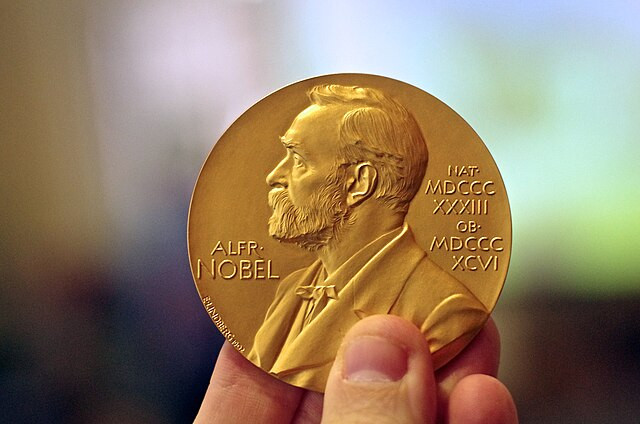Two pioneering scientists, John J. Hopfield and Geoffrey E. Hinton, have been awarded the Nobel Prize in Physics for their transformative work in artificial intelligence (AI), which laid the foundations for the field of machine learning. The Royal Swedish Academy of Sciences announced the accolade on Tuesday, highlighting the duo's contributions that have revolutionized not only technology but also research across multiple scientific domains.
Hopfield, a 91-year-old emeritus professor at Princeton University, and Hinton, a 76-year-old emeritus professor at the University of Toronto, were recognized for their groundbreaking development of artificial neural networks that mimic the cognitive functions of the human brain. Their work has paved the way for modern AI applications like language translation, facial recognition, and even generative AI platforms such as ChatGPT.
The Nobel committee's chair, Ellen Moons, emphasized that their innovations "formed the building blocks of machine learning that aid humans in making faster and more reliable decisions." She added that AI's rapid development has become integral to daily life but also raised concerns about its broader societal implications.
Hopfield's and Hinton's journey in AI research began in the 1980s when they sought to use principles from physics to simulate brain-like processes in computers. Hopfield's creation of the "Hopfield network" in 1982 was a significant leap forward. This neural network could store and retrieve memories from incomplete data, simulating the way human memory functions. It was a foundational step toward developing computer systems capable of learning from patterns and making decisions.
Building upon Hopfield's work, Hinton introduced the concept of probabilistic learning into neural networks. His approach enabled computers to recognize patterns and classify data, capabilities that underpin much of today's AI technology. Hinton's contributions have led to widespread adoption of AI in various fields, from healthcare diagnostics to self-driving cars.
Despite the remarkable advancements his research enabled, Hinton has also been vocal about the potential risks associated with AI. Last year, he made headlines by leaving his role at Google to freely discuss his concerns about AI's rapid development and its possible misuse. "It is hard to see how you can prevent bad actors from using it for bad things," Hinton said in an interview with The New York Times.
Reflecting on the Nobel win, Hinton expressed his astonishment, speaking from a modest hotel room in California. "I'm flabbergasted," he said. "I had no idea this would happen, I'm very surprised." He likened AI's impact to that of the Industrial Revolution, suggesting that while AI's potential for good is vast, its risks could be equally transformative if not carefully managed.
The recognition of these AI pioneers underscores the profound influence their work has had on both science and society. Professor Michael Wooldridge, a computer scientist at the University of Oxford, praised the Nobel committee's decision, noting that "the award is an indicator of just how much AI is transforming science. We find ourselves in a remarkable moment in scientific history."
However, not all reactions were without reservations. Professor Dame Wendy Hall of the University of Southampton pointed out that while AI's impact on physics is undeniable, its origins in computer science make the recognition in physics a unique choice. "There is no Nobel prize for computer science, so this is an interesting way of creating one, but it does seem a bit of a stretch," she commented.
As AI continues to evolve, the legacies of Hopfield and Hinton remain integral to its ongoing development. Their research has not only fueled advancements in technology but also spurred critical debates about AI's ethical use and its potential to reshape industries and everyday life. The Nobel Prize highlights the dual nature of AI-its capacity to drive innovation while posing questions about its responsible implementation.
Hinton's decision to leave Google was driven by his belief that unrestricted discourse on AI's potential threats is essential. He has warned that AI could surpass human intelligence in ways that are difficult to control, stressing the importance of regulating its development to prevent unintended consequences.
"Having technology that is smarter than humans could be wonderful in many respects," Hinton said, "leading to improvements in healthcare and productivity. But we also have to worry about the potential bad consequences, particularly the threat of these things getting out of control."






